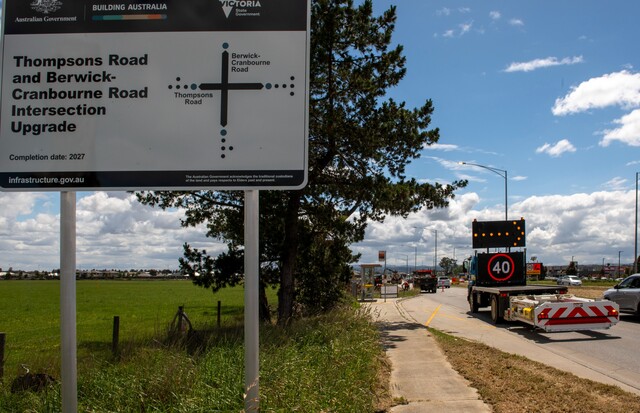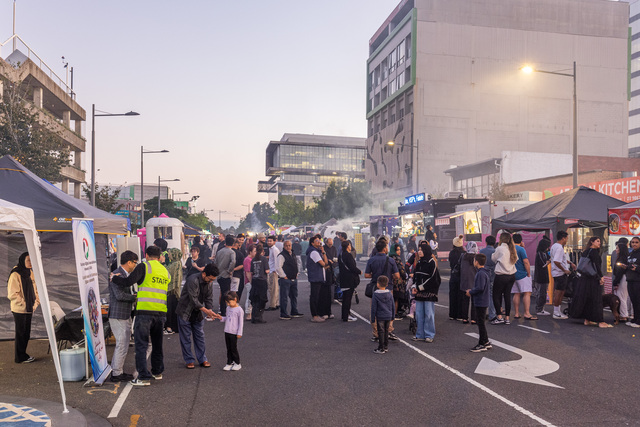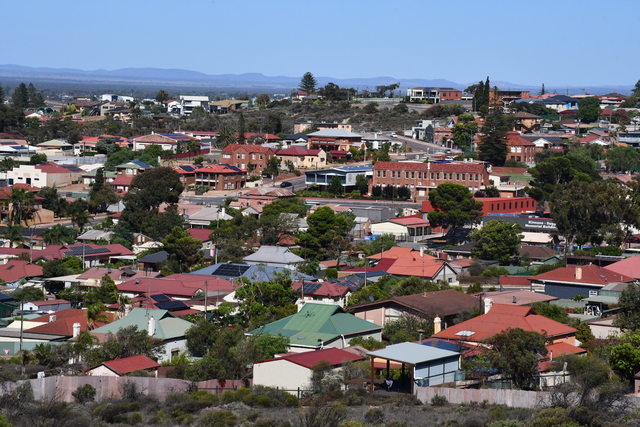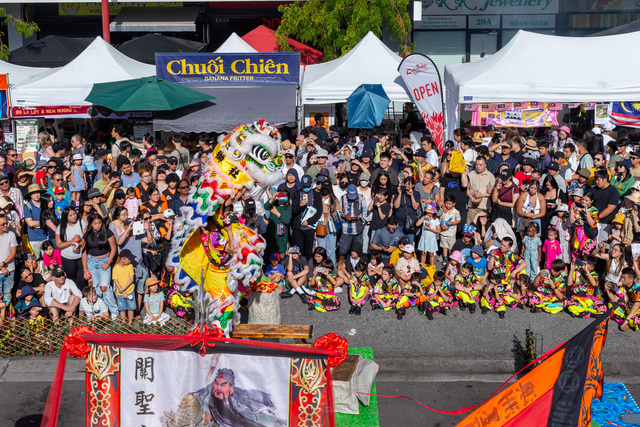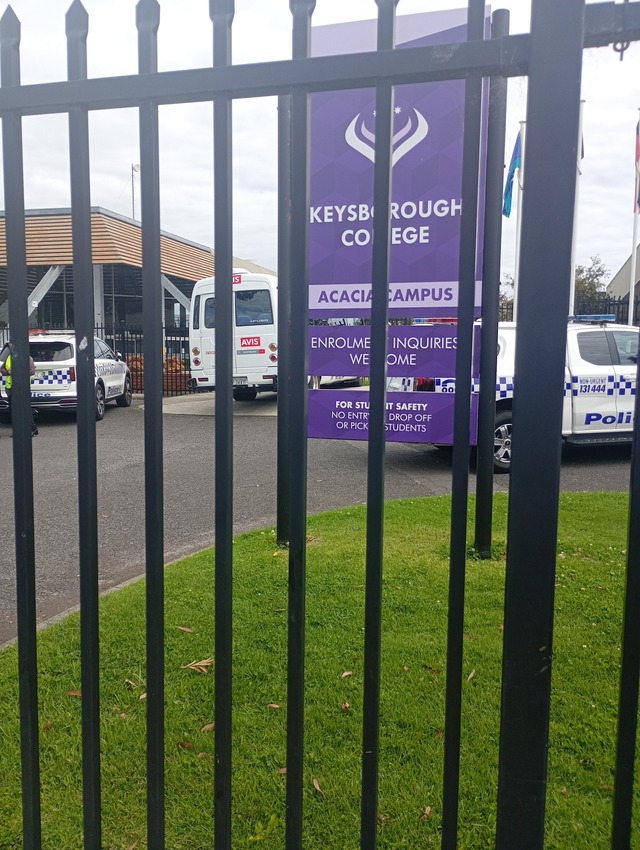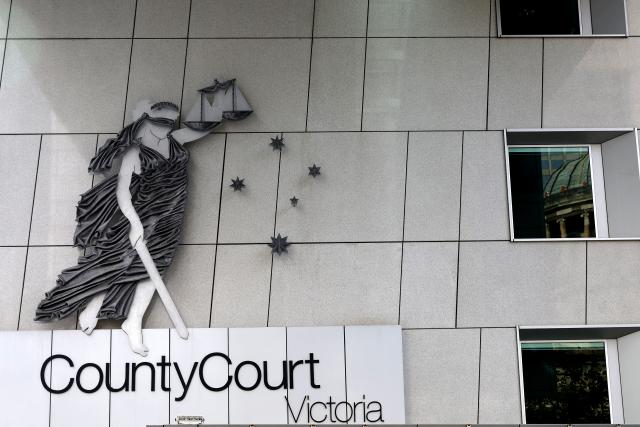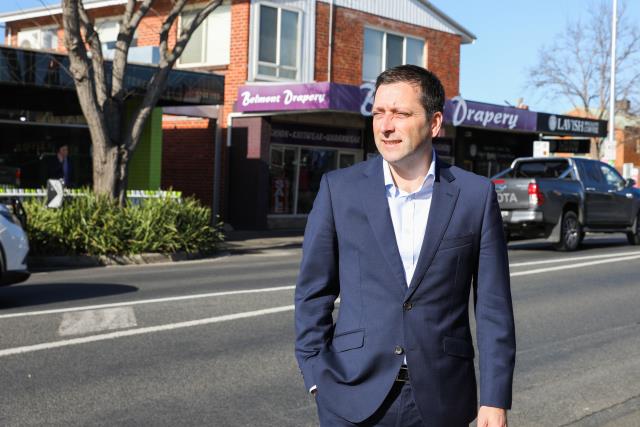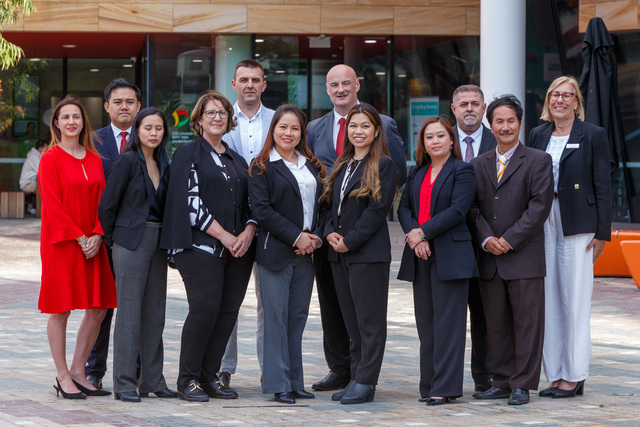As the world watches the unfolding takeover in Afghanistan in horror, closer to home, Afghans in Casey are reeling at scenes that are bringing up long-buried trauma.
For Bassir Qadiri, chairperson of Bakhtar Cultural Association, there’s another reason to fear what’s happening: his mother is trapped in the country.
With no way for her to get out, he’s scared for her safety.
Bassir’s mother is a women’s rights activist and educator, and has spent her career educating women and girls about their rights.
Now, she is in hiding, fleeing an oppressive regime that has a history of stripping rights from women and girls.
Bassir lived under the Taliban’s regime in 1996 with his family before they fled to Pakistan.
Asked to describe what it was like, he said: “imagine living under a terrorist regime”.
Extremists in the community blamed his mother for changed behaviour in their wives and partners.
As a recognised face, she was – and still is – in grave danger in Afghanistan.
“Now, with the Taliban taking over, she’s not even allowed to go out without a man,” Bassir said.
His mother had previously told him she wanted to stay in the country, saying ‘this is what I believe in; I need to raise awareness of women’s rights’.
But with the danger growing every day, Bassir is desperate to get her out.
He has applied three times for a humanitarian visa for her, and has been rejected twice, despite providing evidence of his mother’s work in setting up schools with Unicef and a letter of support from Holt MP Anthony Byrne.
He is now awaiting the outcome of the third application.
“I feel very helpless. I don’t want to give up,” Bassir said.
“She is strong, I know she is hanging there.
“It’s just difficult for us thinking of her being there, especially being in a regime where the woman has no place at all – especially those who have stood against them.
“I know what they are capable of.”
Bassir is now re-experiencing the trauma he went through more than 20 years ago, living under the Taliban regime.
“Everything is coming back, not only for me, but most Afghans who have left the difficult life back there,” he said.
“What I am feeling at the moment, I believe every single Afghan in the community is feeling the same way.”
He’s calling on the Federal Government to prioritise support for those in Afghanistan who worked with the Australian military during the two-decade-long war, as well as activists and journalists in the country who are at high risk.
He also wants those on temporary visas in Australia and those stuck in refugee camps in Indonesia to be provided with a permanent Australian visa.
“There is no place for them to go back to in Afghanistan, to go back to that terror, especially for women and girls.
“We need to save who we can – the more we delay, we are risking lives.”
La Trobe MP Jason Wood, who is Assistant Minister for Customs, Community Safety and Multicultural Affairs in the Federal Government, acknowledged that the local Afghan community was finding the “terror of the return of the Taliban” to be “very challenging”.
“For Afghan nationals here on temporary visas, the Immigration Minister has confirmed that no Afghan visa holder currently in Australia will be asked to return to Afghanistan,” he said.
He added that the government is helping Afghans who worked for the Australian Defence Force and foreign affairs operations.
“The Australian Government will continue doing everything possible, in very difficult circumstances, to ensure Afghan people who worked for us are brought to Australia and we continue to assist with this humanitarian crisis,” he said.
Holt MP Anthony Byrne said his office had been “inundated” with calls from Casey’s Afghan community, with many telling of those stranded in Afghanistan with few options to leave.
“I encourage the Australian Government to do all it can to ensure the safe return of Australian citizens, the Afghan staff that supported our military and diplomatic operations.
“I support an amnesty on those on protection visas, other visa holders visa applicants and relatives of Australians so they will not be forced to return to Afghanistan at present or in the near future given the current security situation there,” he said.
A Department of Home Affairs spokesperson confirmed that it was working with the Department of Foreign Affairs and Trade and Defence to prioritising resettlement of Afghan citizens who are eligible for protection in Australia.
“Afghanistan citizens who meet the requirements for a humanitarian visa and wish to seek Australia’s assistance are strongly encouraged to make an application,” the spokesperson said.
Those in Australia with friends or relatives in Afghanistan can call the Consular Emergency Centre in Australia on 1300 555 135.
Those currently in Afghanistan must call the Consular Emergency Centre (available 24 hours) on +61 2 6261 3305.
This number is available to Australian permanent residents and citizens.


